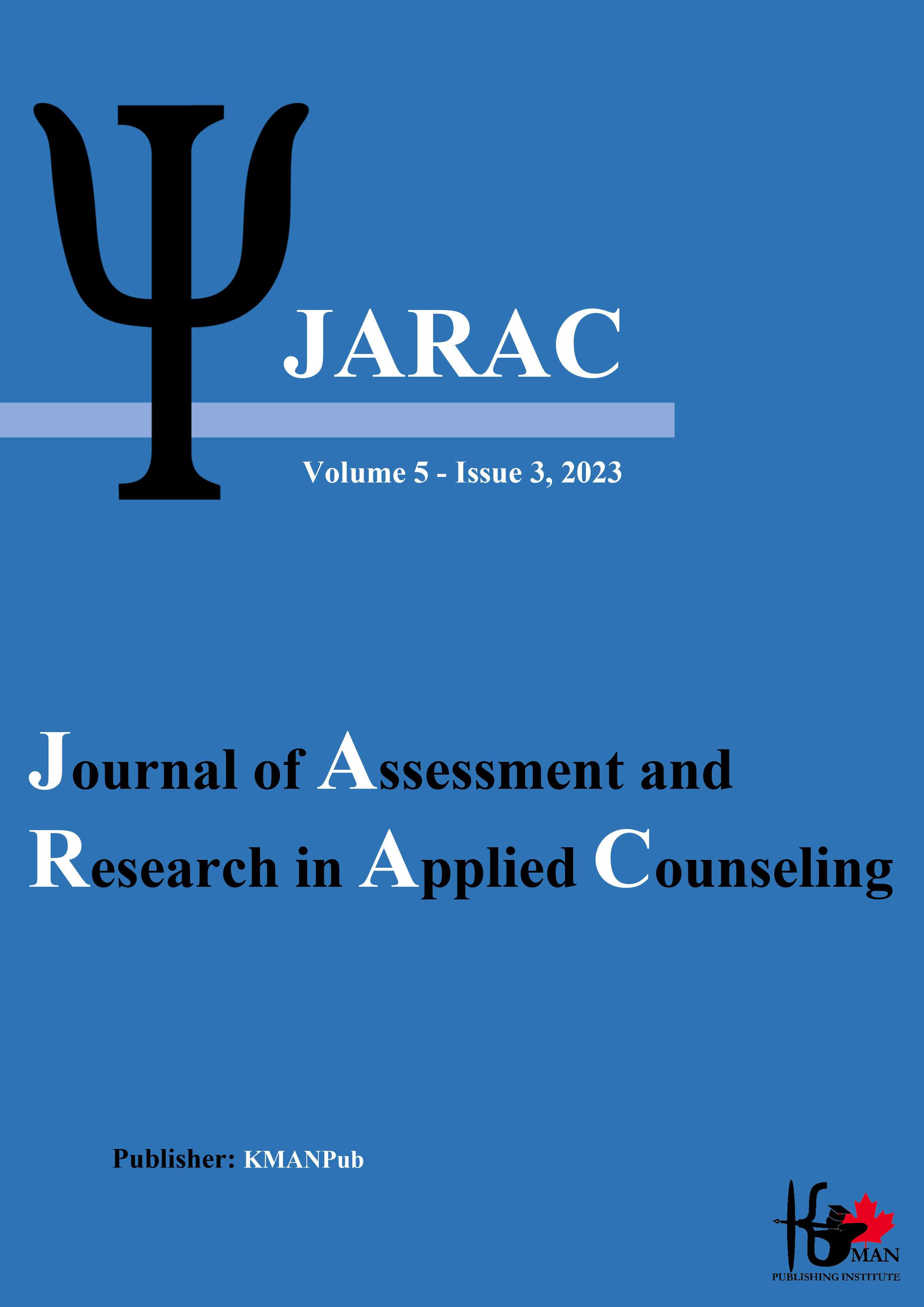Investigating the effectiveness of emotional self-regulation skills on students' cognitive flexibility and working memory
Keywords:
Mindfulness skills, cognitive flexibility, working memoryAbstract
Objective: The current study was carried out to investigate the effectiveness of emotional self-regulation skill training on cognitive flexibility and working memory.
Methods and Materials: The research was conducted using a quasi-experimental method with pre-test, post-test, and follow-up design with a control group. The statistical population of the study consisted of all ninth-grade students in Jajarm city
in the academic year of 2021-2022 who were studying in public and private girls and boys' schools, as well as state-sponsored, exemplary, and talented ones. Out of which, 60 participants were selected using cluster sampling and randomly assigned
to two equal groups of 30 participants (an experimental group and a control group). To collect data, two questionnaires, the Daneman and Carpenter (1980) working memory test and the cognitive flexibility questionnaire by Dennis and Vanderwal
(2010), were used. Multivariate covariance analysis tests and SPSS software were used for data analysis.
Findings: The results indicated that emotional self-regulation skill training had a significant effect on the cognitive flexibility and the working memory of experimental group subjects (P < 0.05).
Conclusion: Therefore, training in emotional self-regulation skills has a significant impact on students' cognitive flexibility.
Downloads
Downloads
Additional Files
Published
Issue
Section
License
Copyright (c) 2023 Ali Akbar Solati, Masumeh Eslamii, Zahra Ejadi (Author)

This work is licensed under a Creative Commons Attribution-NonCommercial 4.0 International License.















